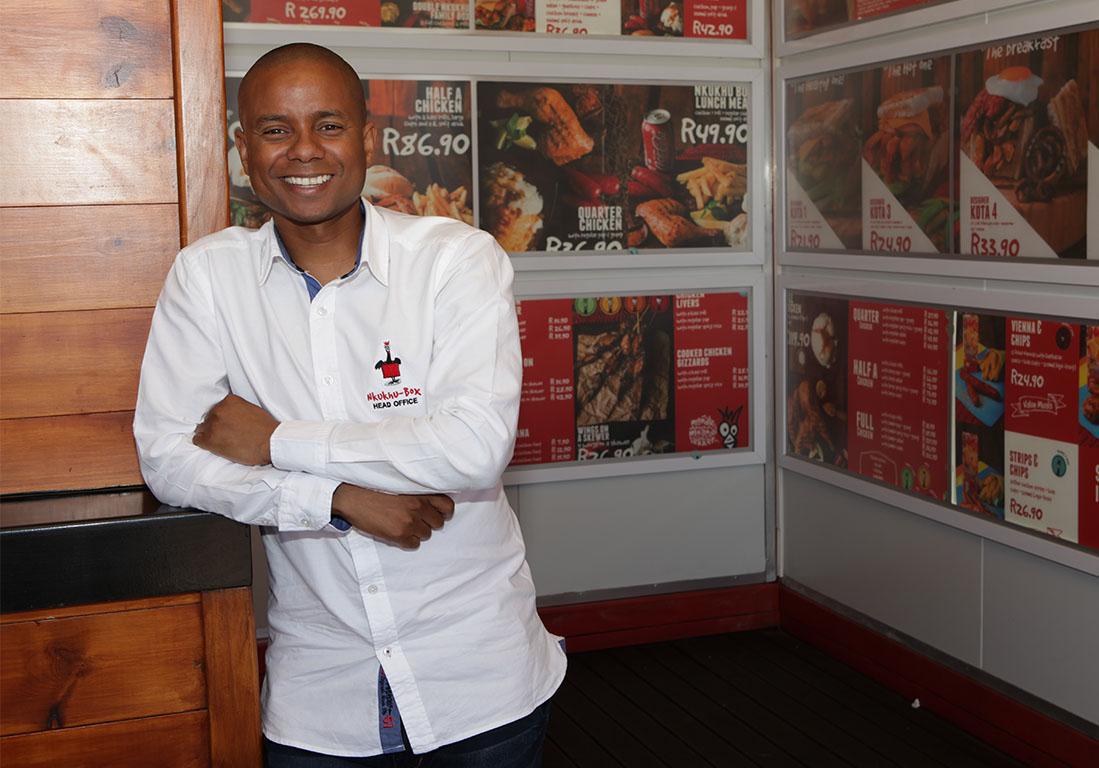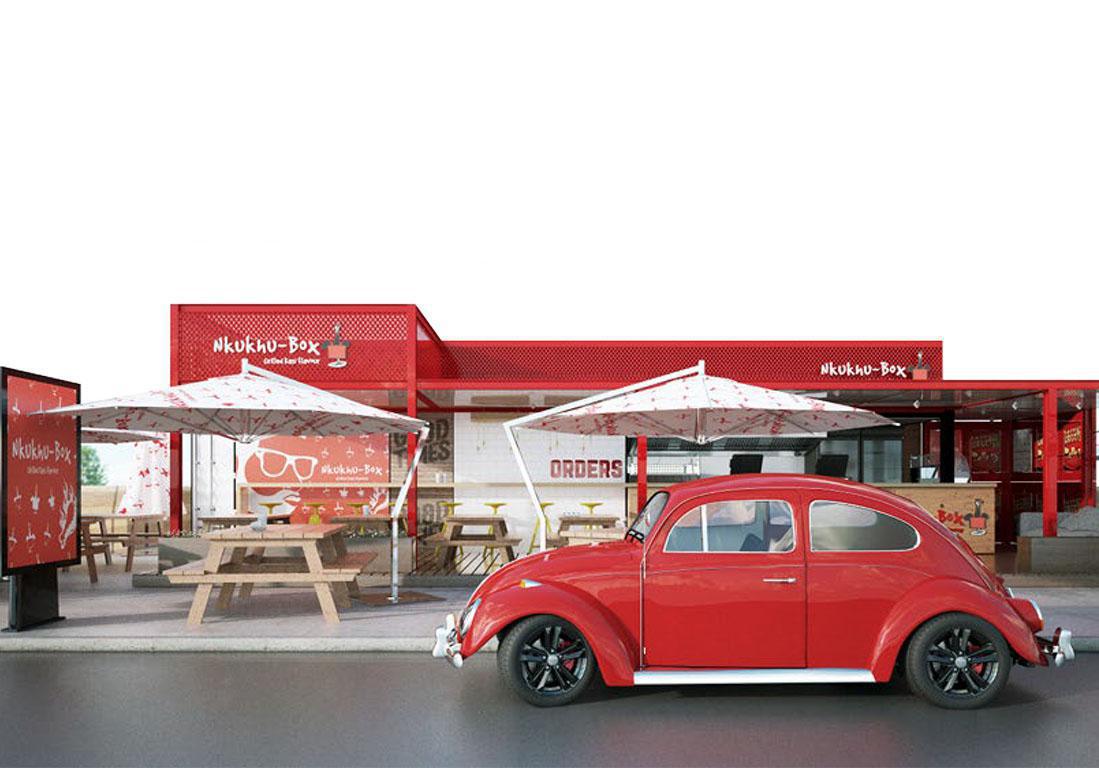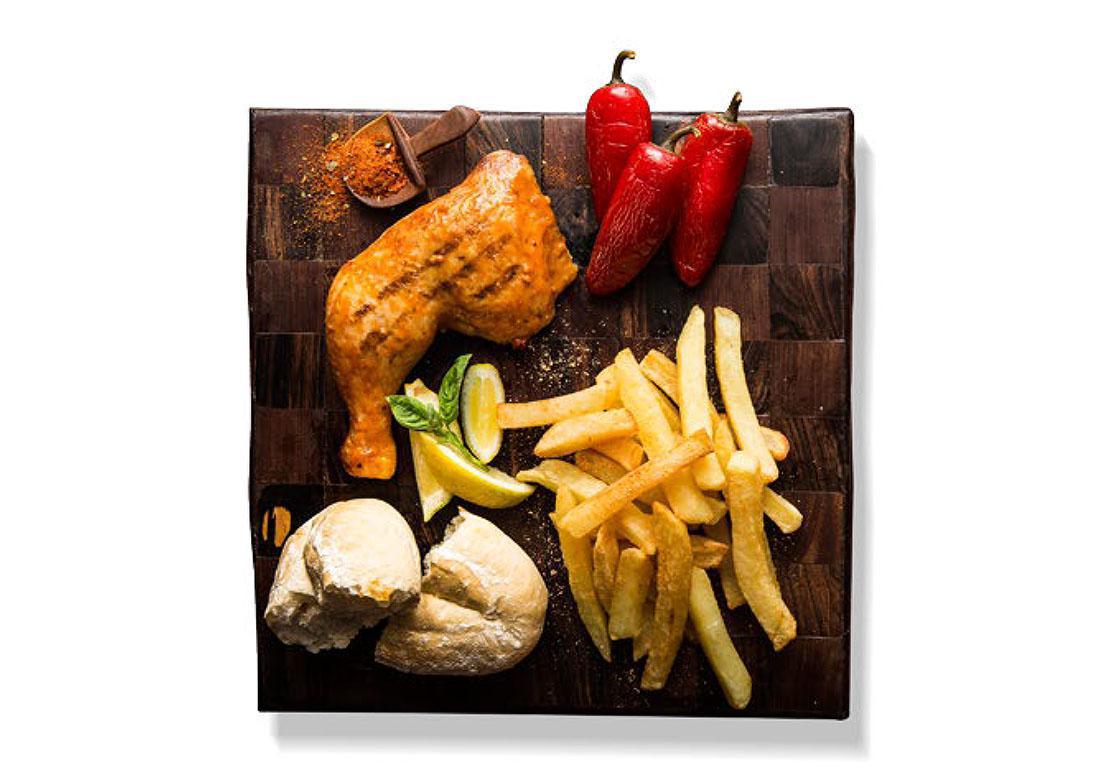Itumeleng Mpatlanyana, founder of Nkukhu-Box, is a firm believer in self-initiated entrepreneurship. “My first business was in my early high school days. I decided to take my parents’ lawnmower next door and cut the neighbour’s lawn. A couple of months later I was known around the township as the garden boy,” Mpatlanyana explains.
During his first year at university he was selling bin bags every weekend when visiting home in Mpumalanga. In his third year he ventured into student accommodation. Mpatlanyana noticed that international and bursary students struggled to find accommodation.
These students were unable to secure a lease agreement. Mpatlanyana took the initiative to enter into lease agreements in his name, furnished the accommodation with beds, fridges and desks. “That was my break. At some point I received a call from one of the bursary institutions asking me to cater for accommodation for their students,” Mpatlanyana says, adding that this venture lasted about three years.
In 2008 he entered the food business. “I was the first black franchisee in the world for Fashion TV café. That was when my love for the food industry began.” He ran this for about two years but pulled out because of sky high rentals.
Mpatlanyana then joined a mining company for about four years, “…but my passion for the food business got me back into franchising. I started a business called Spykos Chesanyama and had about forty stores around the country, and Nkukhu-Box was born”.
He says there were no real role model who inspired him to become an entrepreneur. “The reason I went into business is not because of one single factor I think it is something that you are born with, a strive or passion you have inside of you.”
For Mpatlanyana being an entrepreneur is a matter of trying to prove to himself that things are possible. Secondly, trying to prove to his family that it is possible and thirdly to society that stigma does not really exist and things can happen, “It is the self-drive I have”.
Nkukhu-Box was a bootstrapped venture. “I financed Nkukhu-Box from my own pocket. It was difficult because you have to accumulate the funds before you can start the project. While on that you have to sacrifice a few things like personal life and family life to get the project started. It was quite difficult because I sold some of my assets to get it started.”
Mpatlanyana says earlier experiences made it possible to be successful. Nkukhu-Box came about because of failures in the past. When getting into the food business in shopping centres for instance, rent becomes the biggest killer, he says. “So I wanted to come up with a business model where rent is either minimal or no rent at all. We built our premises out of shipping containers purely because we don’t want to go to shopping centres. Secondly when the business doesn’t work in one particular area it is very easy to pick it up and start somewhere else.”
Mpatlanyana says Nkukhu-Box was established in the township because he did not want to compete with other big brands in shopping centers where it would have been tricky to find prime spots. “It is difficult for a landlord to look for a specific space near Nando’s or KFC, spacing is very important. We didn’t want to be dictated on where to put our shop, that’s how the township strategy came about.”
Mpatlanyana says Nkukhu-Box is not a mere product they are selling, “it’s more of a story telling through food”.
The strategy for expanding is to be a dominant brand in the township first. “Once we are strong and a household brand in the township market, then it will be easier for us to expand to the other markets. We first need to establish within the township.”




